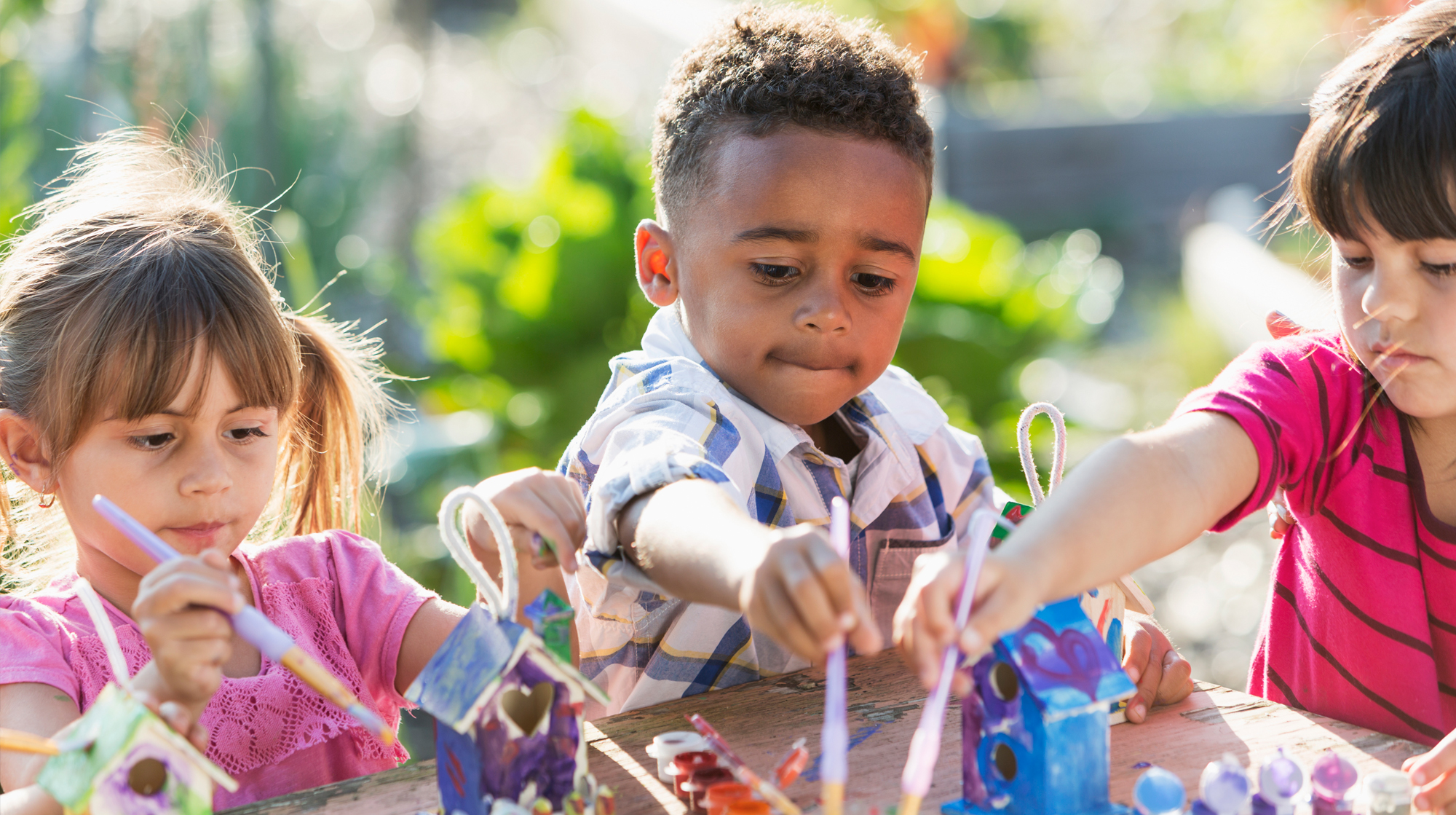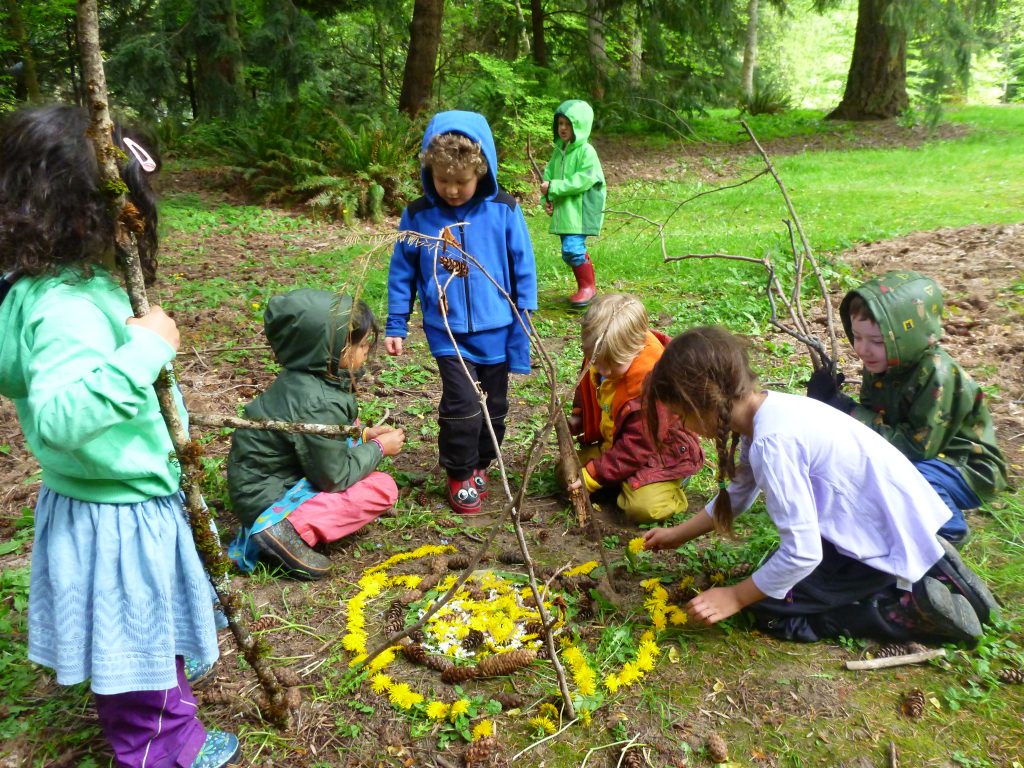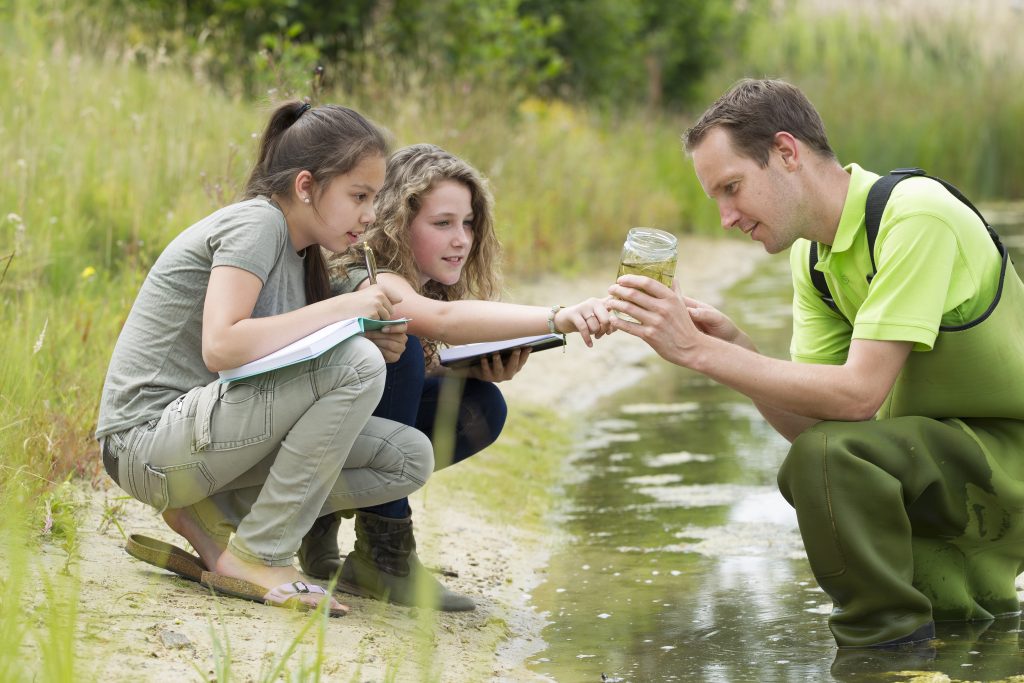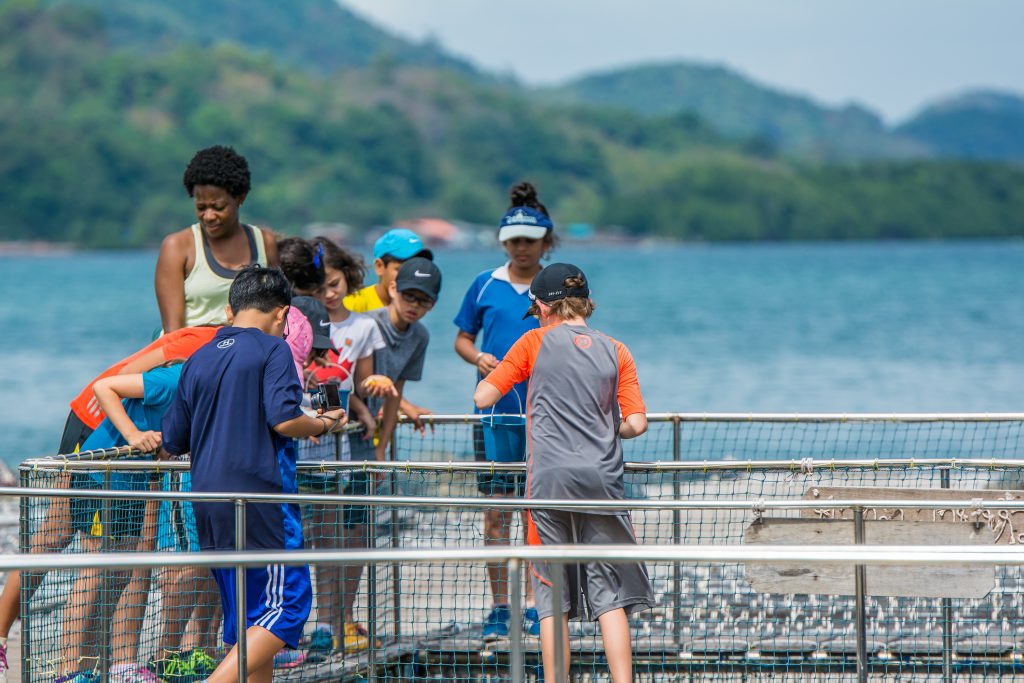Brief
Environmental Education and STEM (E-STEM)
A Selection of Resources and Opportunities Offered by NAAEE
Connected Science Learning January-March 2018 (Volume 1, Issue 5)
By Kristen Kunkle

The North American Association for Environmental Education (NAAEE) shares the programs and publications it developed to advance E-STEM—the integration of environmental education into STEM.
The North American Association for Environmental Education (NAAEE), in collaboration with both corporate and nonprofit partners, is developing programs to advance E-STEM—the integration of environmental education into STEM (science, technology, engineering, and math) learning for youth. NAAEE is a pioneering membership organization dedicated to accelerating environmental literacy and civic engagement through the power of education. The following sections describe NAAEE publications and programs related to E-STEM.
Guidelines for Excellence: Best Practices in Environmental Education
NAAEE’s National Project for Excellence in Environmental Education developed the Guidelines for Excellence series to set the standards for high-quality environmental education. With a focus on developing an environmentally literate citizenry that can compete in our global economy (i.e., has the skills, knowledge, and inclinations to make well-informed choices, and exercises the rights and responsibilities of members of a community), the Guidelines support rich opportunities for engaging students in STEM education in formal and informal learning settings. To provide educators with additional support, a suite of professional development workshops, online trainings, and resources complement the Guidelines.
A Blueprint for E-STEM Success
NAAEE and its evaluation partner, New Knowledge, sought to identify and summarize the most innovative ideas in E-STEM. Hundreds of educators, professionals, and advocates from across the United States, joined by a handful of international participants, took part in this major effort. The resulting blueprint identifies nine priorities for the next generation of E-STEM; lists key themes, gaps, and challenges to be met; and provides ideas to help support and enhance E-STEM.
Community Climate Change Education: A Mosaic of Approaches
NAAEE developed this book for practitioners and innovators that features information and resources on over a dozen approaches to community climate change education, from resilience gardening to technological innovation. It includes over 50 vignettes about the process of building successful community climate change projects, sustaining educators, and engaging community organizers in the long term.

Early Childhood STEM
NAAEE supports early childhood STEM learning through its Natural Start Alliance—a network committed to connecting young children to nature and the environment through education. Natural Start provides a platform to search for and access early childhood STEM-related resources and information, research-based reports, online and in-person trainings for educators, and additional tools for integrating STEM learning into early childhood education.
Environmental Issues Forums
Environmental Issues Forums are modeled on the National Issues Forums, which offer citizens the opportunity to engage in meaningful, productive dialogue on sticky issues that affect communities. NAAEE and the Kettering Foundation partnered to develop environment-focused issues forums and complementary guides for educators interested in engaging their students in deliberative processes for addressing critical issues related to climate change, energy, and water.

Technology & Environmental Education Group on eePRO
NAAEE’s online hub for environmental education professional development, eePRO, provides access to resources, research, online courses, trainings, opportunities, and special interest groups related to key topics in environmental education. The Technology & Environmental Education eePRO group provides a platform for networking, resource sharing, and discussion related to designing online learning programs, citizen science projects, and other innovative opportunities for educators to harness the capabilities of technology to raise awareness of environmental issues and improve learning.

Cal Water H2O Challenge
NAAEE partnered with California Water Service (Cal Water), the largest investor-owned American water utility west of the Mississippi River, to develop and launch two E-STEM efforts focused on water conservation and awareness. The Cal Water H2O Challenge is a project-based learning competition for California classrooms that offers a unique opportunity for upper elementary teachers to facilitate their students’ learning of standards-based content while engaging them in addressing local water challenges through individual- and community-based efforts. The accompanying suite of H2O Challenge Resources offers sample projects and lesson plans, professional development support, and suggestions for using STEM education to address community challenges.

UL Innovative Education Award
Through a partnership with Underwriters Laboratories (UL), NAAEE launched a first-of-its-kind initiative to seek out, support, and promote the best in E-STEM and expand the impact of innovative nonprofit programs that are successfully using the environment as a platform for STEM learning. Each year, the UL Innovative Education Award (ULIEA) invests hundreds of thousands of dollars in E-STEM efforts, with applications generally due in February of each year.
Kristen Kunkle (kristen@naaee.org) is research and program manager at North American Association for Environmental Education in Washington, DC.


